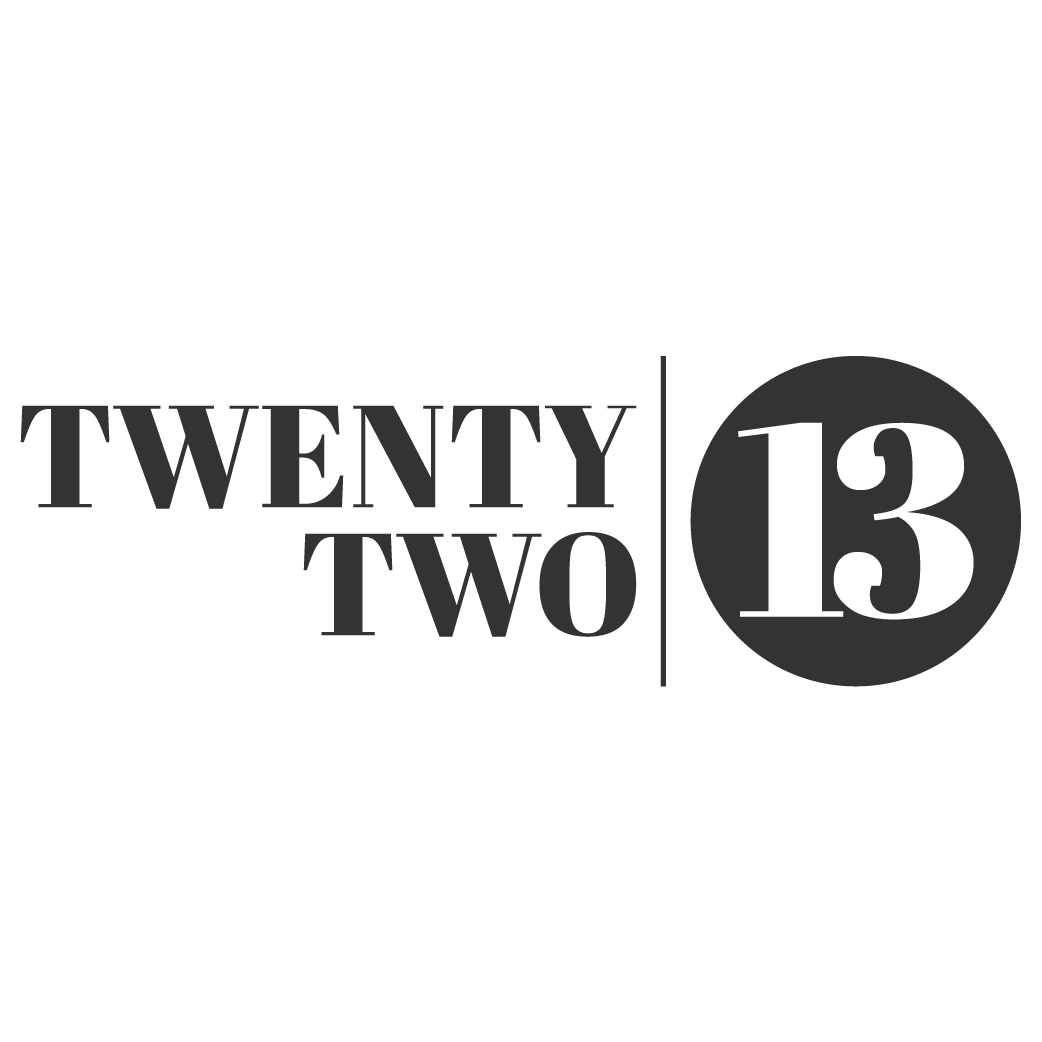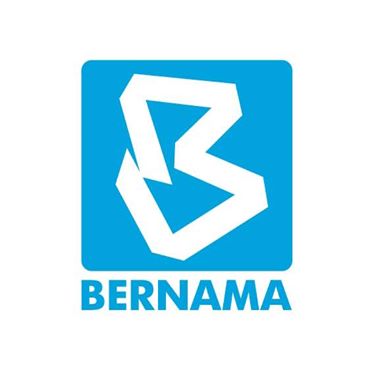Malaysia’s free meal cafe in Alor Setar closes, five years after feeding the hungry
1 day ago
When Covid-19 struck Malaysia in 2020, Mohd Azrul Mohd Razak knew he had to act. He began by distributing food baskets to the needy and hot meals to the homeless. It was an initiative that soon grew into a vital community support system.
Through the non-profit organisation he founded, Food Bank Malaysia, Azrul opened a free meal café in his hometown, Alor Setar, Kedah, where he served nourishing meals to low-income earners and the homeless.
However, after five years, the café has been forced to shut its doors due to a severe lack of funding. The closure reflects a deeper, ongoing issue of food insecurity that continues to affect many Malaysians despite signs of economic recovery.
“The last fund we received only covered us until January, but we managed to stretch our resources and secure some other donations to keep going for another six months. I told the volunteers to continue until everything dried up,” Azrul told Twentytwo13.
The café’s concept was simple, he explained. It opened on Friday nights, allowing patrons unlimited servings of hot meals.
“The main menu typically included a heavy dish such as rice with a protein like chicken or fish and vegetables, or noodles,” he said.
“For side menus, we had crackers, fruits, and sometimes ice cream for the children. The heavy meal was crucial as it kept them full longer.”
Patrons were welcome to pack food for family members who couldn’t be there. After eating, they were encouraged to wash their plates and cups, fostering a sense of community and responsibility.
Often, they also went home with fresh produce donated by Food Bank Malaysia’s partners.
For operations, Azrul said they hired a single mother to cook the meals and a cleaner to assist with setting up and closing the café. Both were paid for their work.
With the café’s closure, Azrul said, an entire ecosystem of giving back to the community had been disrupted.
“It affected everyone who benefited from the programme, right down to the cook. So, I know how important this was to all of them,” he said.
Having grown up in poverty himself, the current situation struck a deep chord with him.
Though he now lives a more stable life with a steady income, Azrul remembers his childhood struggles.
As a child, he and his three siblings would fill their stomachs with crackers dipped in sugary water while waiting for the one proper meal of the day when their father returned from work.
“I know what it feels like to be told to sleep first, with your tummy growling, while waiting for food,” he recounted.
“How I outgrew my school uniform but had to continue wearing the same one until my parents could afford to replace it. I was never ashamed of how we lived. My father, a dispatch rider, and my mother, a housewife, did what they could to clothe and feed us.
“That’s why I wanted this programme to continue. It meant a lot to them. Everyone deserves a good, hearty meal.”
A social comfort beyond food
Beyond serving hot meals, Azrul revealed that the café also offered a unique form of social comfort, especially for families who couldn’t afford to take their children to regular restaurants.
“When families are struggling financially, eating out is a luxury.
“The café offered a sense of normalcy and inclusion that was otherwise out of reach for these families,” he said.
This allowed the children to experience the simple joy of dining out, which their peers might take for granted.
“It made the kids happier so they could just be kids, and it was less stressful for the parents,” Azrul added.
What’s next?
After two unsuccessful attempts at securing external funding, Azrul is now seeking alternative ways to reopen the café.
For now, it remains shut. Dipping into their own pockets simply isn’t enough to keep it running, not even once a month.
“The community was aware that last Friday was our last day providing free meals to them. It saddens them that we had to discontinue operations,” he said.
Azrul told Twentytwo13 that running the café, including food costs, came to RM4,000 a month – enough to feed 80, sometimes up to 100 people once a week, or RM48,000 a year.
“That amount was just enough to keep the kitchen open four times a month,” he said.
As for other aid programmes like food baskets, Azrul said they are still manageable despite a tight budget.
“The volunteers and I set aside part of our salaries to fund the food basket programme and cover rent and other bills.
“Sometimes, for special events like Back to School or Festive Baskets, we manage to get one-off sponsorships,” he explained.
Despite signs of economic recovery and some government cash aid, Azrul said food insecurity remains a serious concern.
“Even one meal a week can make a huge difference for the needy and the homeless. We’re not offering full-time support, just a lifeline until the next paycheck.”
To learn more about programmes under Food Bank Malaysia, visit https://foodbankmalaysia.com/
...Read the fullstory
It's better on the More. News app
✅ It’s fast
✅ It’s easy to use
✅ It’s free









